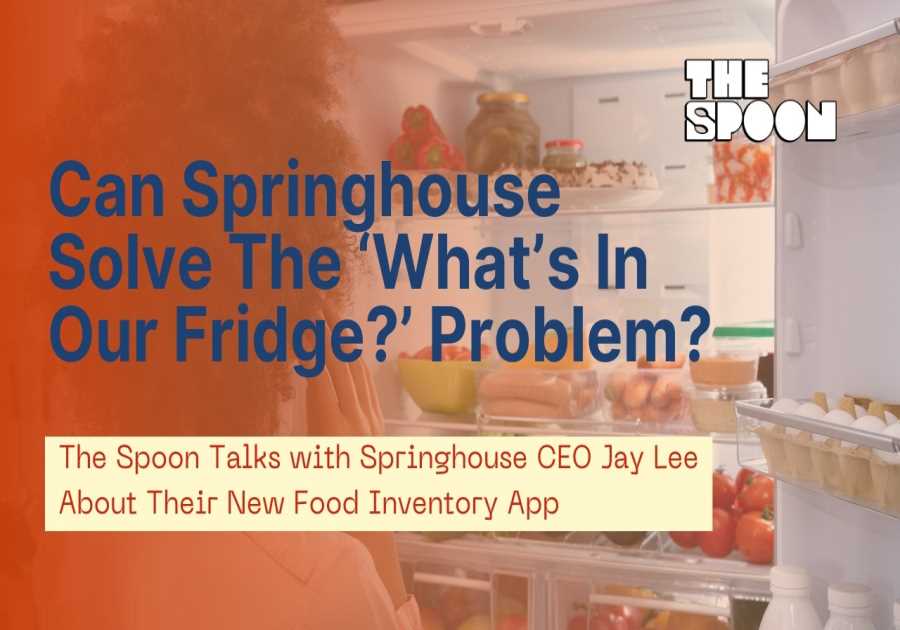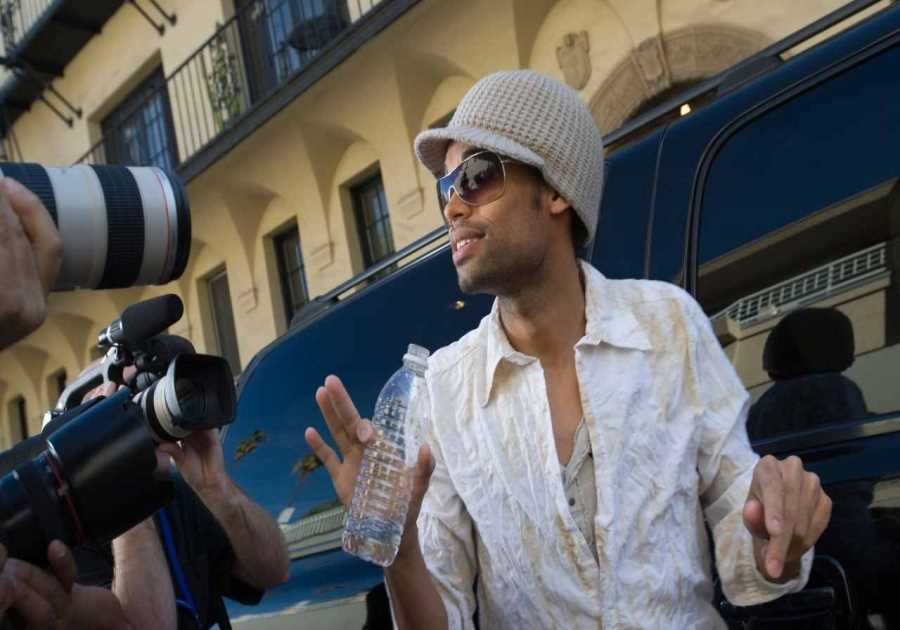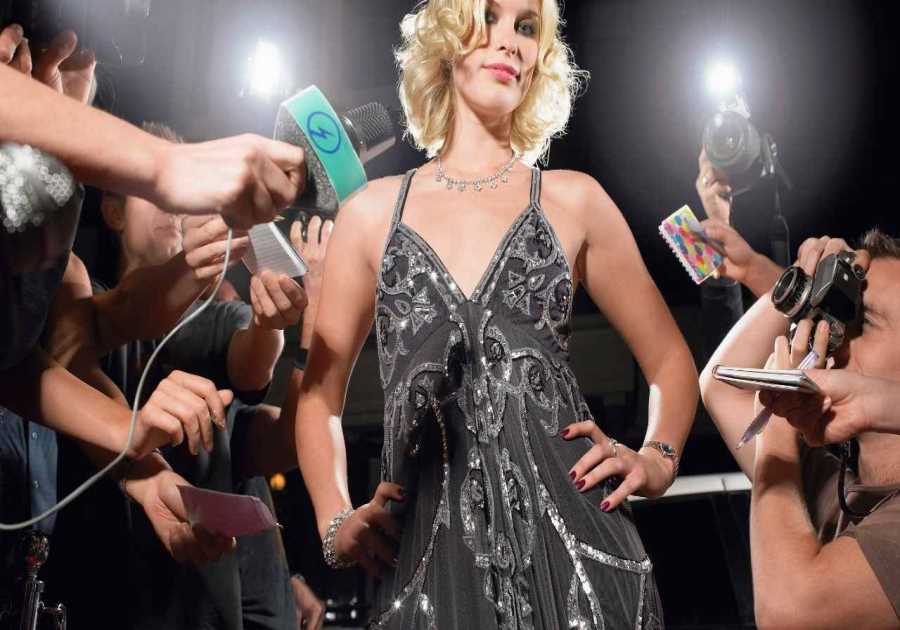Harry Potter and the Deathly Hallows – Part 2 was released 10 years ago today, and it still feels like the film doesn’t quite get the respect it deserves. It’s the eighth film in one of the biggest franchises of all time so you’d be forgiven for dismissing it as yet another smashy-smashy spectacle where the heroes almost lose until, wouldn’t ya know it, they pull out the W in the end. But Deathly Hallows – Part 2 is quite literally a film about death. The third act begins with Harry Potter (Daniel Radcliffe) marching towards his own sacrifice, being greeted by the ghosts of dead loved ones to whom he asks if dying hurts. This boy has just been told that in order to save his friends, his family, the world, he must die. And then he does.
Part of what sets Deathly Hallows – Part 2 apart is that it’s a surprisingly quiet film. Yes, it features the legendary “Battle of Hogwarts” and there are explosions and magic fights and a goblin getting absolutely decimated by a dragon, but by and large director David Yates allows scenes to linger, stopping for a moment to allow the film’s characters to relate as human beings in the midst of almost-certain destruction. Take for example the scene where Harry is trying to track down a Horcrux related to Rowena Ravenclaw. Luna Lovegood (Evanna Lynch) stops Harry as he’s hurrying up a staircase, surrounded by students scrambling to take cover as their professors and allies put wards up around the school outside. Harry and Luna turn back to the location of the Horcrux, but take a beat to look out the window, to glimpse the wards going up as protection around their school that are almost definitely going to fall. To consider that this place that once embodied safety and comfort is now a war zone.
And while composer Alexandre Desplat’s score is fittingly operatic and tragic, there are plenty of scenes that Yates allows to play out without any music at all, making them far more intimate and dramatic. One of the most brutal and devastating is Snape’s (Alan Rickman) death scene, in which he’s first struck by a curse from Voldemort (Ralph Fiennes) and then repeatedly bitten by the snake Nagini. Yates drops the score entirely, and the sounds of Snape’s body hitting the glass windows while Harry, Hermione (Emma Watson), and Ron (Rupert Grint) look on are absolutely harrowing.
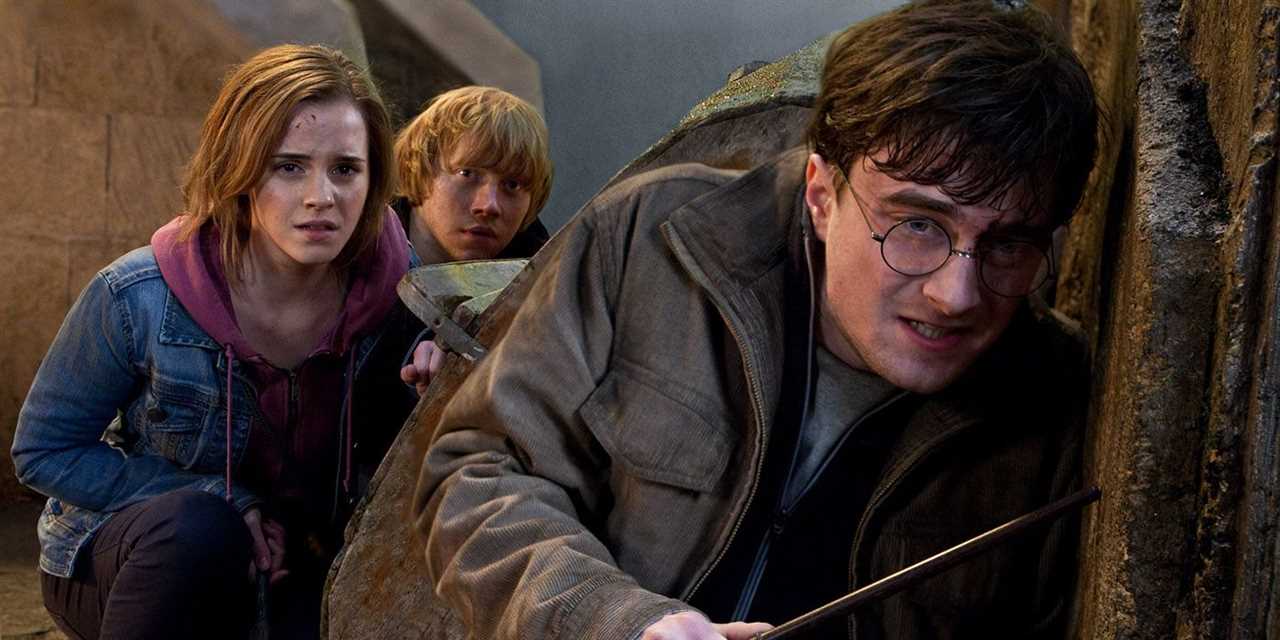
Decisions like these only serve to make Deathly Hallows – Part 2 feel more truthful, more real, and that’s a big reason why the film is so successful. Over the course of seven films, we’ve been transported to any number of corners of the Wizarding World, and while J.K. Rowling’s source material gets progressively darker as time goes on, there are still glints of magic (both literally and figuratively) here and there. But when we reach the end of the story, it’s treated with the respect it deserves. If Harry Potter is to truly sacrifice himself and die, and if we’re to believe these are just a bunch of kids banding together with a ragtag team of wizards against the Dark Lord and his army, we need to feel those stakes in our bones.
You’ll recall that Voldemort hits pause on his bombardment of Hogwarts castle for the students to collect their dead and reconsider handing Harry Potter over, and it’s during this interim that we see that a number of beloved characters didn’t make it out alive. But again, the way Yates frames the entire thing doesn’t feel movie-y – it feels crushingly real. The camera lingers on the bodies of Lupin (David Thewlis) and Tonks (Natalia Tena), hands outstretched, nearly touching. There’s no swell of music, no soft light on their faces. Just the harsh reality that drills down the very real consequences. That another child has been left parentless in the wake of Voldemort’s destruction.
In one of the film’s most emotional sequences, Harry looks into Snape’s memories to reveal that this uptight, shady professor has spent the better part of his adult life trying to keep Harry safe, spurred by his undying love for Harry’s late mother. Yates had but a few minutes to reveal the emotional truth of Severus Snape’s entire arc, and that he does so while also relaying the information that Harry must die is a recipe for disaster. But in execution, it’s one of the best sequences of the entire franchise. Desplat’s score swells at just the right moment, the late, great Alan Rickman commands the screen and bares his soul, and Yates pulls it all back together tightly on Harry who now knows the truth – he’s not going to make it out of this alive.
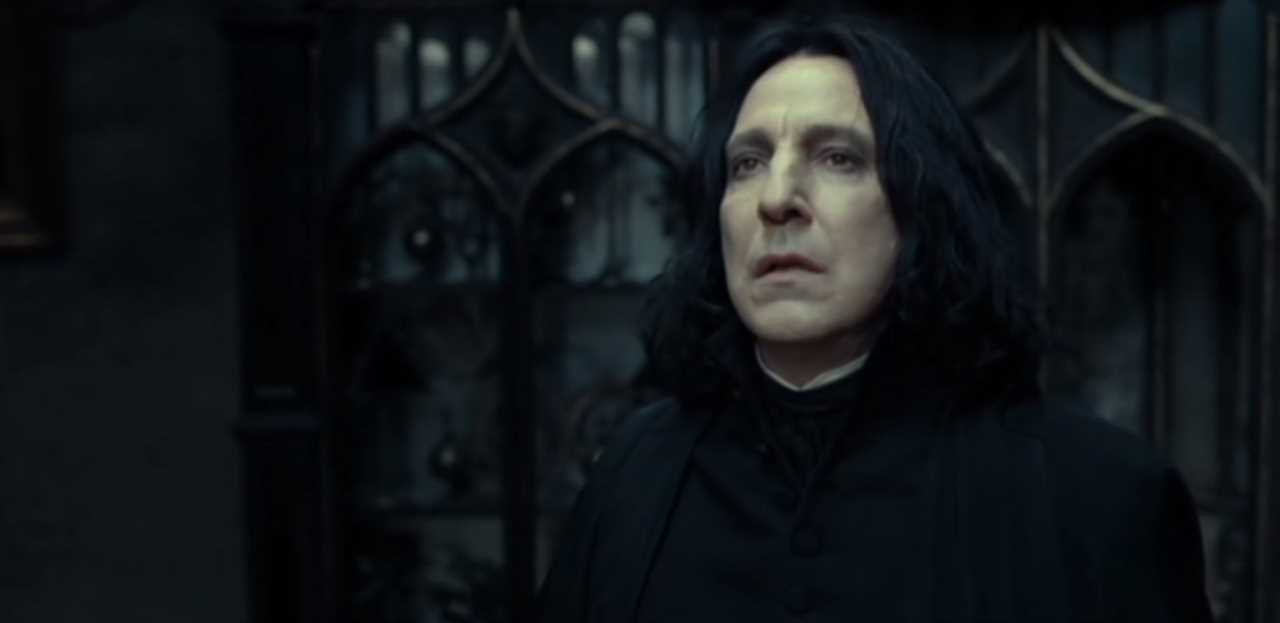
Again, another opportunity to frame this as the Most Heroic Movie Moment. And again, Yates eschews machismo for something unexpected, something smaller, something more human – a brief exchange with Hermione and Ron, a few tears, and a confrontation with some dearly departed in which Harry comes to terms with his sacrifice and what it means.
Of course, this is all in the source material, but there have been enough examples of bad adaptations to show this could have gone sideways very easily. It’s a testament not just to Yates’ talent as a filmmaker, but to the franchise as a whole that its evolution from kids’ movie about magic to somber finale about death feels entirely in step not just with the story being told on the screen, but the one fans hold dear in the books.
In the Year of Our Lord 2021 we also can’t talk about Harry Potter and the Deathly Hallows – Part 2 without talking about Avengers: Endgame. These are two very different movies in two very different franchises, but there are some parallels that further illuminate just how thematically rich Deathly Hallows is. Endgame is the culmination of the entire MCU — it builds to an epic battle finale, and it features two major character deaths, including one who chooses to sacrifice himself at the end of the movie. Those deaths hurt and are treated with respect and are certainly sad, but by and large Avengers: Endgame is a fun and colorful movie. It’s entertaining as heck, which is in lockstep with the tone of the MCU.
Harry Potter and the Deathly Hallows – Part 2 is an ending of a different sort. It doesn’t just deal with death and mortality; it confronts the tragedy and mystery and unknowable aspect of death head on. “I’m ready to die,” Harry says as he prepares to confront Voldemort, his conviction opening the snitch that hides the Resurrection Stone and brings his mother, father, Sirius (Gary Oldman), and Lupin to his side so he doesn’t have to die alone. “He won’t be able to see you?” Harry asks. “No,” Sirius replies, “We’re here, you see,” as he points to Harry’s heart. It’s a beautiful moment, the kind that so many other stories of this ilk skip over. But that Deathly Hallows – Part 2 doesn’t, that it embraces this kind of quiet reflection, elevates this beyond merely the end of a franchise. It’s a deeply human beat that directly connects this movie about witches and wizards to the story of every human in existence.
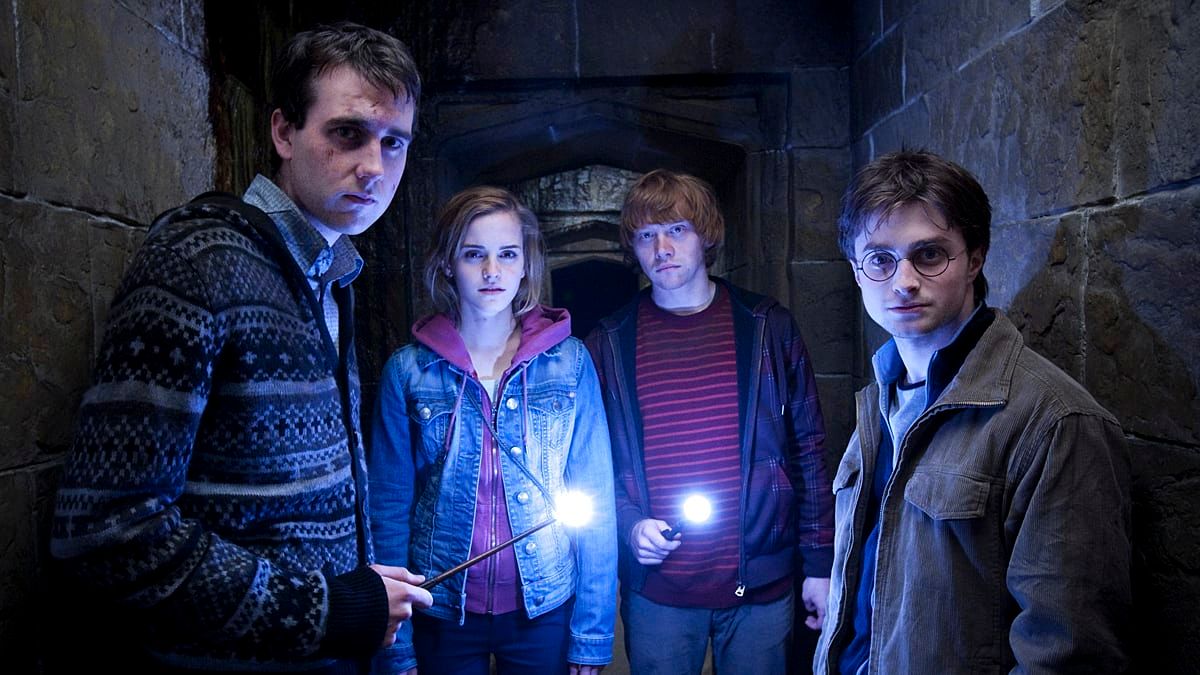
Harry Potter and the Deathly Hallows – Part 2 grossed over $1 billion at the box office. The Harry Potter franchise is one of the most popular in human history. It and this specific film don’t need defending. And yet, 10 years now removed from this conclusion and with a litany of other franchise conclusions (in one way, shape, or form) having come in its wake, Deathly Hallows – Part 2 has only gotten better with age, which is maybe even more extraordinary than you remember. Making one great movie is a miracle. Making eight is nearly impossible. Connecting those eight in a way that makes sense but also reflects the evolution and maturation of the characters and stories told within, well, that’s something else entirely.
We knew back then that Deathly Hallows stuck the landing. We know now that it’s an ending that stands the test of time, and solidified Harry Potter as one of the most remarkable film achievements we’ll ever see.
-----------------------
By: Adam Chitwood
Title: Why Harry Potter and the Deathly Hallows 2 Is One of the Best Franchise Endings
Sourced From: collider.com/harry-potter-deathly-hallows-2-best-franchise-ending/
Published Date: Wed, 14 Jul 2021 14:30:00 GMT
Did you miss our previous article...
https://ballerawards.news/movies/wandavision-scores-a-massive-23-emmy-nominations

